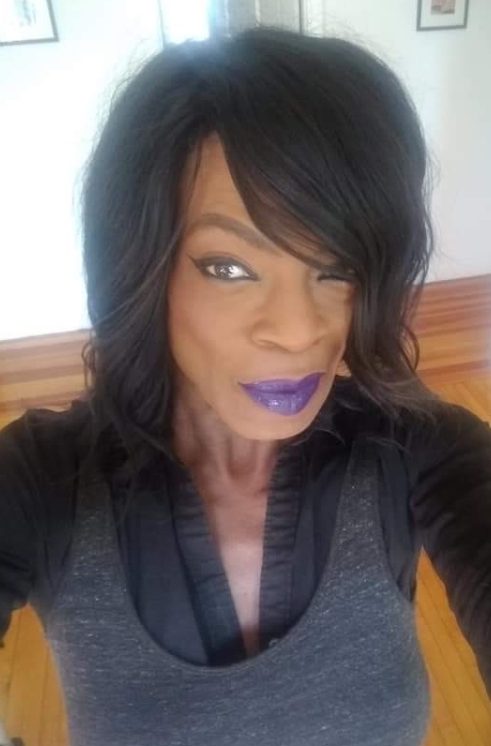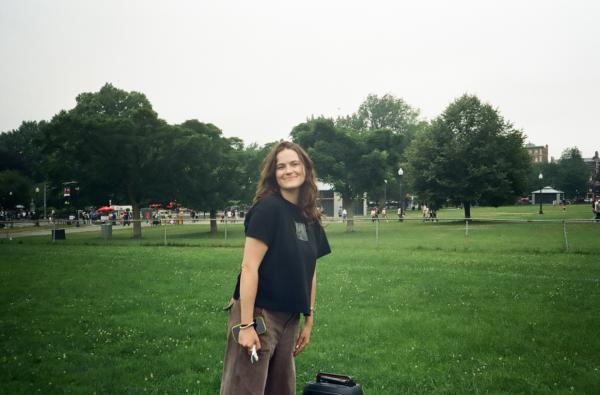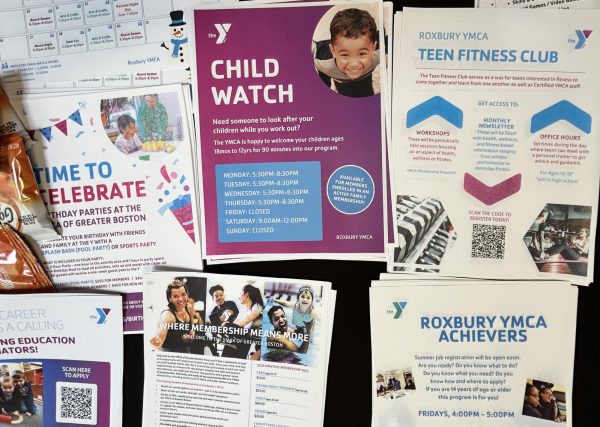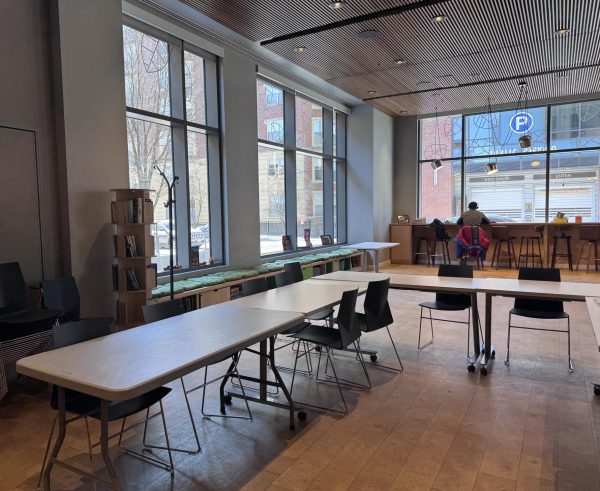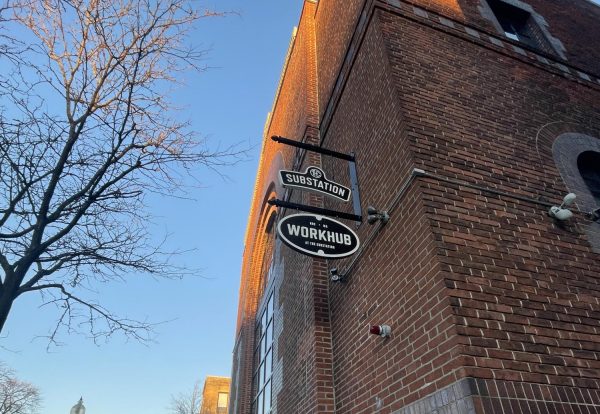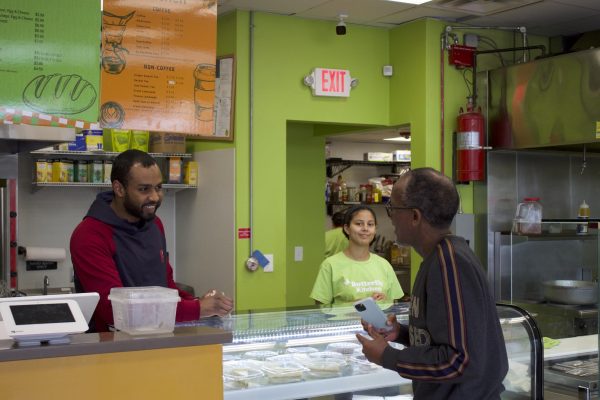Changemaker: Dreya Catozzi, founder of the Urban Trans Women Center
As a transgender woman of color who knows how hard it can be to get help with basic needs like employment or medical care, Dreya Catozzi has made it her mission to advocate for her community and help others gain access to those resources all over New England.
Catozzi, 50, is the founder of the Urban Trans Women Center in Providence, Rhode Island. Launched in 2017, it provides health care, job assistance and counseling services for transgender women of color.
Catozzi also runs programs to educate others about the trans community, and works with the Boston Medical Center for Transgender Medicine and Surgery, supporting clients with social, medical and surgical transition services.
Catozzi shared her story with the Scope and discussed the lack of resources for trans women of color, as well as her advocacy. The following transcript was edited for length and clarity.
Q: What inspires you to provide resources for the transgender community?
A: I advocate from my own experience and what I needed in regards to resources that were not available to me when I was in survival mode. Being a trans woman of color has a lot of barriers in the community such as housing, employment and health care. Those resources were very hard to come by as people don’t understand or are even open to someone being transgender. I always said that once I was able to get things together for myself, I would start advocating to build specific resources for the community. Basic needs shouldn’t be so hard to come by because you are different.
Q: Tell me about the Urban Trans Women Center and the services you provide.
A: I am pretty much the only one under the organization and the resources that we provide right now are speaking engagements and training to employers and health care providers with the goal of opening doors and opportunities for employment. I do a lot of speaking engagements where I tell my story to educate others.
Right now, I am working with other organizations to implement a workforce development program. We will do outreach to the community with a strong focus on trans women of color and to those in the prison system, so they can come back to society and be given a second chance. I am speaking to the police force to educate them about the community to cut down the violence on transwomen of color.
I have done programs where I encourage others to share their stories and I have implemented some programs where I teach how to do their make-up to look presentable during a job interview.
I also serve in the committee of the Boston Medical Center to assist them with pronouns and educate them on their trans patients.
Q: What does it mean to you to know you are a source of hope for the transgender community?
A: I just look at it as I am doing my part in the fight. It took me a while to figure out my lane as to what part of the fight I wanted to be in and how I wanted to go about it … I don’t look at it as being a source of hope, I just look at it as someone who is utilizing her story to assist and help the community. I am basically doing what I think should be done.
Q: What are your expectations for the future of your organization?
A: My goal is to be able to provide the resources by continuing to educate, train and develop a strong workforce development program … that would allow trans women of color to have access to employment, healthcare and have it be easy, not just such a process to where it’s hard to live.
Q: What message do you wish to give for those not familiar with the transgender community?
A: I just think we need to start really leading and making decisions with our hearts and our minds … My goal is to get the people outside of the community to start making decisions and be open-minded while looking and listening with their hearts, versus ‘Oh, we have a policy in place so we have to do this, we have to do that.’ We just want to show the normalcy of the trans community because we all have the same needs in life.


